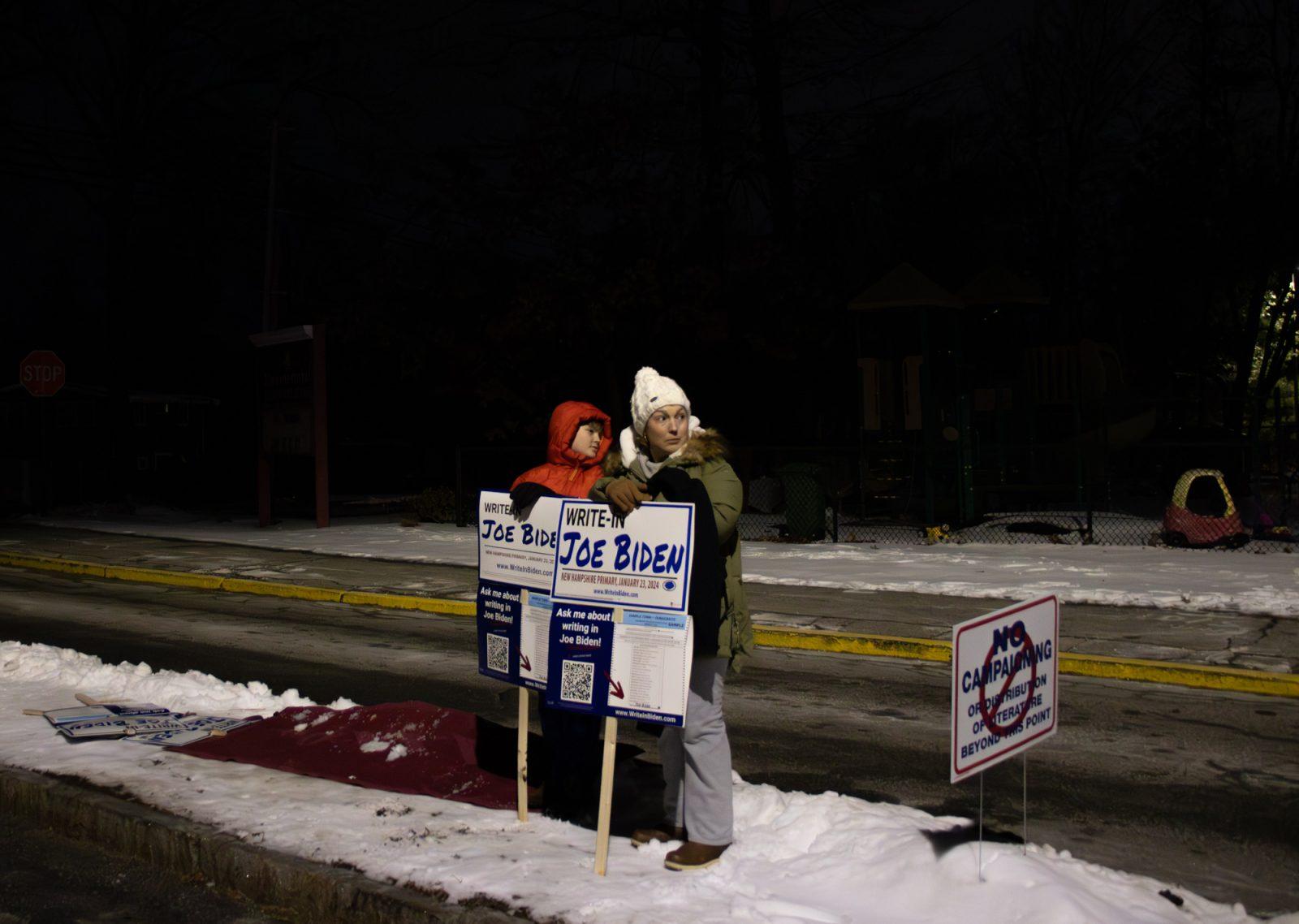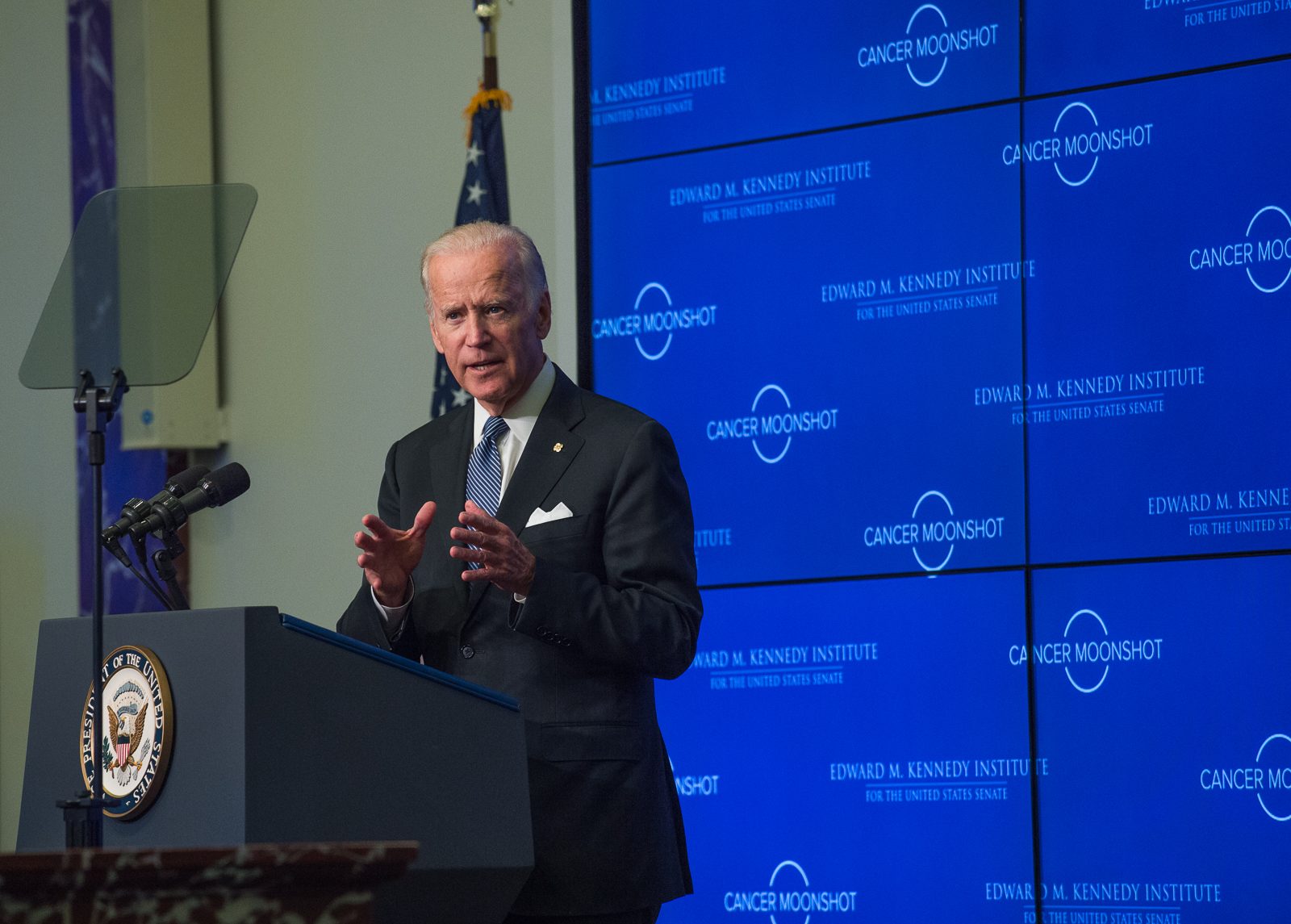After several failed attempts at negotiations between U.S. President Barack Obama and Congress over the federal budget, across the board spending cuts known as the sequester when into effect Friday, and some Massachusetts agencies are bracing for the negative impacts.
“[Boston] Mayor [Thomas] Menino and the U.S. Conference of Mayor’s were really pleading with Congress and the House Republicans about finding a better way to find a deficit reduction by closing existing loopholes and being smart about where they are cutting,” said Jake Sullivan, federal relations liaison for Menino.
Under the Budget and Control Act of 2011, sequestration was used as a tool to increase the debt ceiling in exchange for $1.2 trillion in debt reduction over 10 years to government agencies. The cuts, which were not avoided Friday, will be split between defense and domestic spending.
“There will be immediate direct cuts of funds we use to support housing economic development and support for our at-risk residents,” Sullivan said. “Our neighborhood development will be impacted. It will also hit our school department, and special needs kids program would be impacted as well.”
The Commonwealth will lose about $13.9 million in funding for education, which will put about 190 teacher jobs at risk, and about 20,000 fewer students would be served, according to a factsheet from the White House on Feb. 24.
Head Start services would be eliminated for about 1,100 children in the Commonwealth, which will reduce children’s access to critical early education, according to the factsheet.
Pam Kuechler, executive director for the Mass. Head Start Association, said she is not sure how soon the sequester will go into effect, but the organization will receive directions soon.
“We certainly had hoped that Congress would find a compromise to avoid these across-the-board cuts that could have a devastating effect on children and families,” she said.
Kuechler said Head Start officials will do anything possible to combat the sequester.
“Going forward, our programs have to follow the directions on implementation, but will be sending a message to Congress through letters and calls to let them know exactly what losing Head Start slots will mean to families,” she said.
Josh Young, director of legislative affairs for Action for Boston Community Development, said ABCD is looking at a 5-percent cut to its programs.
“There are still quite a few details that are being put together by the OMB [Office of Management and Budget], and we will probably get further direction within the next week or two, but we can count on the effects happening,” he said.
Young said ABCD might have to cut 250 slots for its Head Start programs.
“We have been meeting and coming up with possible scenarios to make the cuts less harsh than they need to be,” he said. “We don’t want to cut fewer kids. We are looking to see if we can reduce salaries or cut staff.”
Joshua Spaulding, communications director for the National Skills Coalition, said the sequester will affect Massachusetts job training programs.
“We don’t want anymore cuts of federal funding to job training programs,” he said. “There has been a severe disinvestment in the workforce program and we want to see workforce funding be a priority again.”
To fight the Sequester and encourage Congress to act, Spaulding said the NSC will showcase the struggles of people who are looking for jobs.
“We will continue telling the stories of people on the ground that use the workforce programs and what these cuts will have on them after seeing fewer people being served,” he said.
Randall Ellis, a professor of economics at Boston University, said a number of alternative options would be better for the country than the sequester cuts.
“[The sequester] is forcing relatively flat spending cuts on many government agencies, rather than allowing a more rational set of reductions that pay attention to where it is easier or more appropriate for there to be cuts,” he said.
Ellis said it is still unclear when the sequester will impact Massachusetts.
“Lots of government agencies will cut staffing if it continues beyond the first week or so,” he said. “I have heard in the short run some agencies are just forcing one day per week without pay. The biggest effect specifically on Boston will be cuts in research funding, since Massachusetts receives a high rate of such funding.”
Sullivan said state politicians are doing what they can to help soften the blow.
“The delegation is doing the right thing by hearing from us and they want to help us. The mayor is talking to people in the community and we need the other congressmen to hear how these cuts are harmful,” he said. “We are not just talking about numbers here, these are people’s lives that are at risk.”






















































































































